
Ask the Right Question!
How to Get What You Want Every Time and in Any Situation
Read or listen offline
Amazon KindleRecommendation
Author Rupert Eales-White emphasizes the importance of using active listening, focusing on a particular subject, and asking good open-ended questions to get productive results from interviews and conversations. He mixes a few examples with specific how-to principles outlining ways to structure effective conversations. This generally solid book has the feel of a textbook. Some readers may find it too structured or basic, since the author breaks down conversations into sentences with some detail. The book’s approach may be more appropriate in organizational cultures where people prefer a focused style of questioning. Those who prefer a more informal, casual conversational style may find his approach less suitable. getAbstract recommends this book to human resource professionals, to those facing critical interviews, and to those who wish to think strategically about their conversational, information-gathering, or persuasive skills.
Summary
About the Author
Rupert Eales-White is a management consultant with PA Consulting’s Sundridge Park Executive Development Centre in the United Kingdom. He is the author of several books including Creating Growth from Change: How to React, Develop, and Grow. He focuses on helping managers and executives develop better leadership, strategic thinking, teamwork, and change management skills.







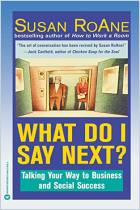
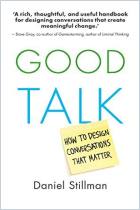

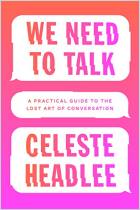
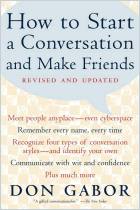
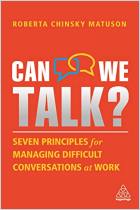


Comment on this summary or Начать обсуждение